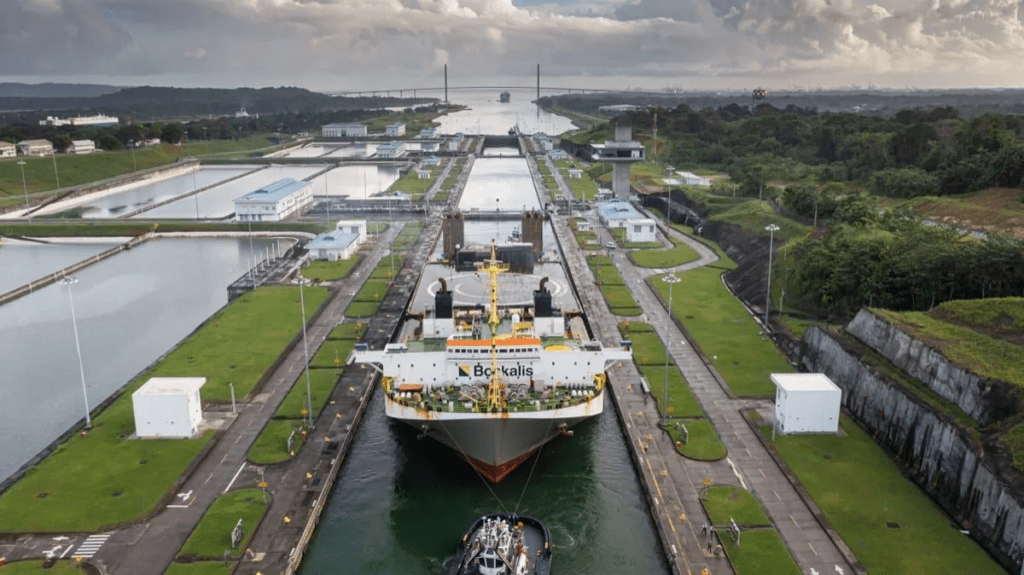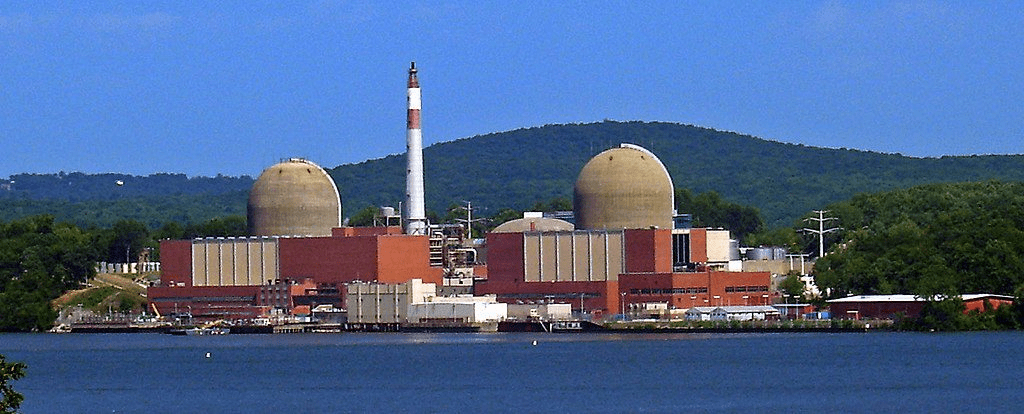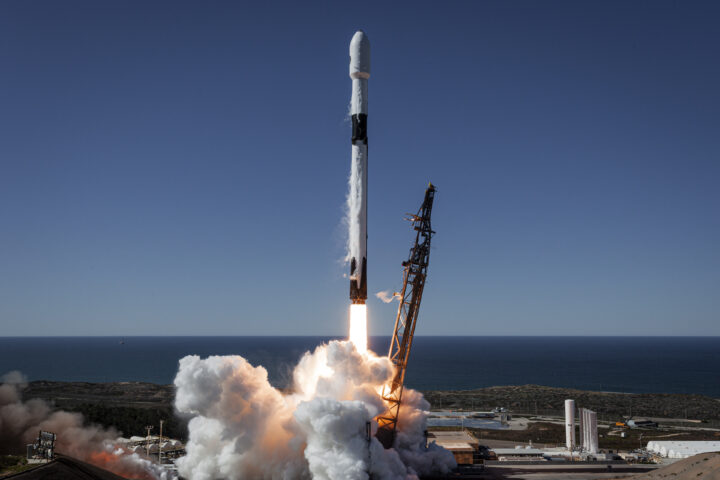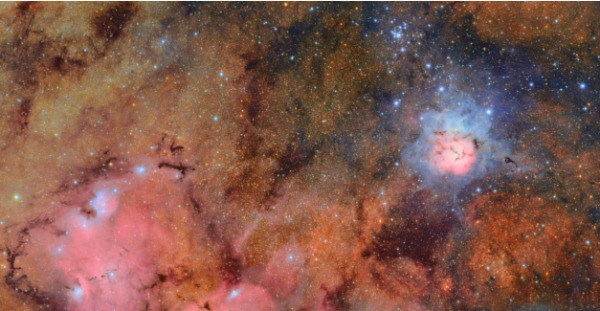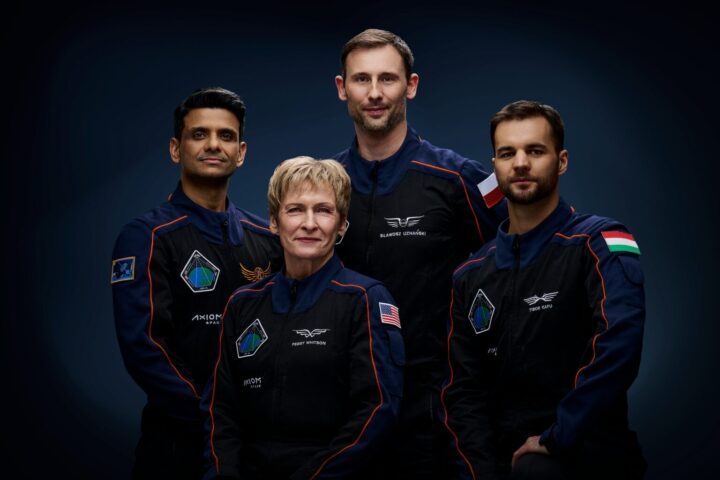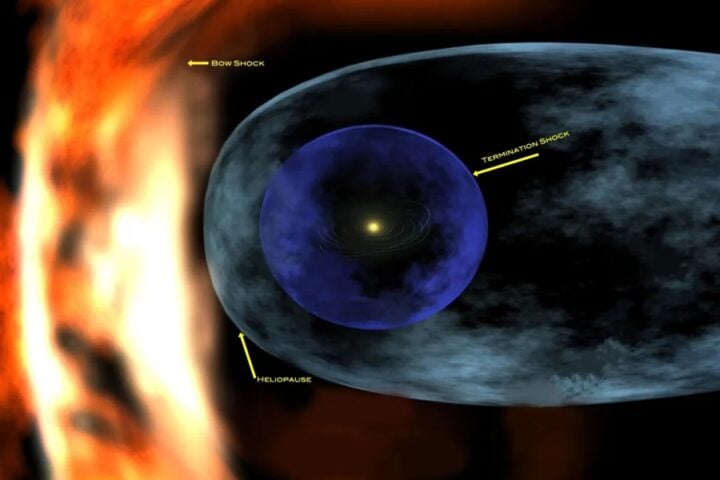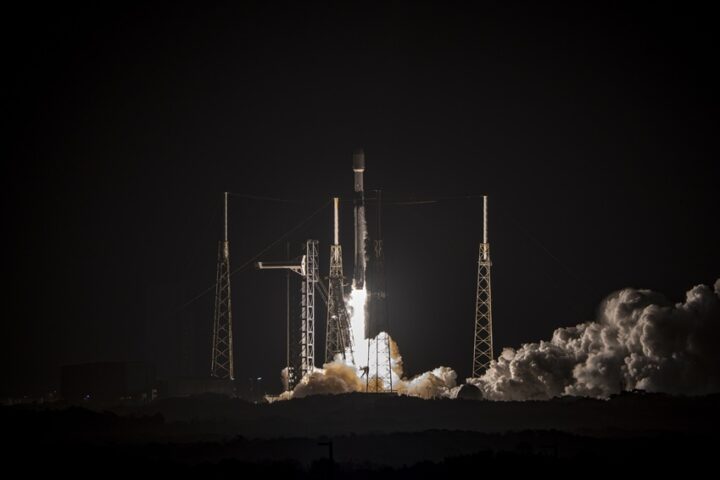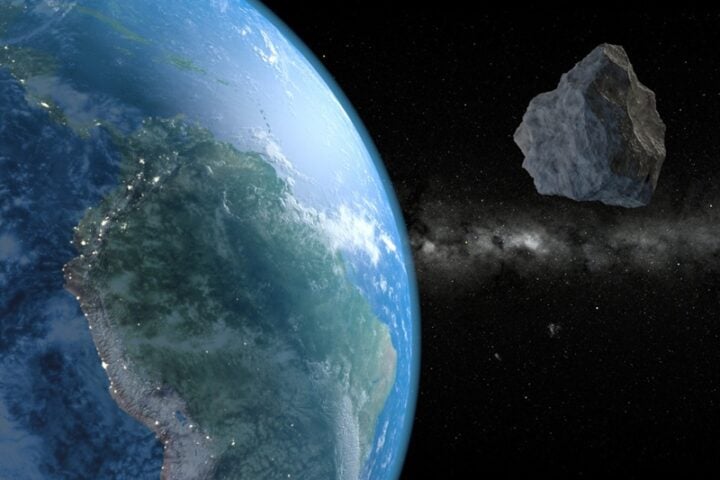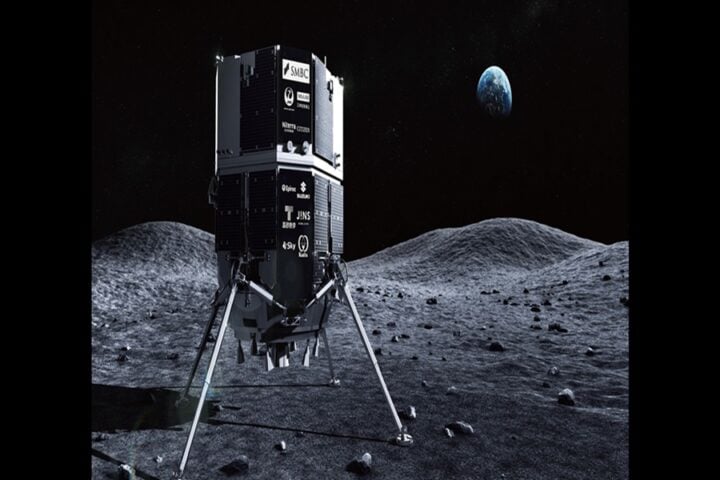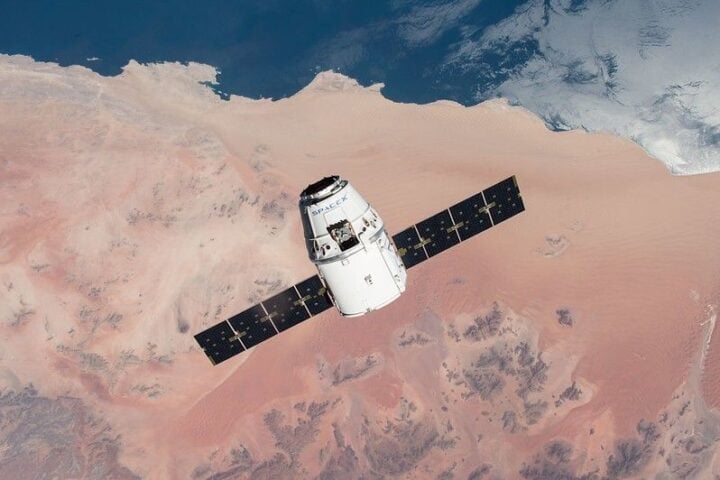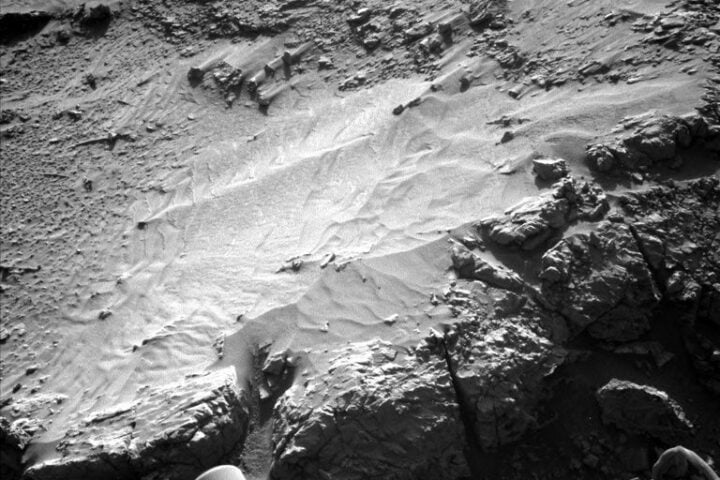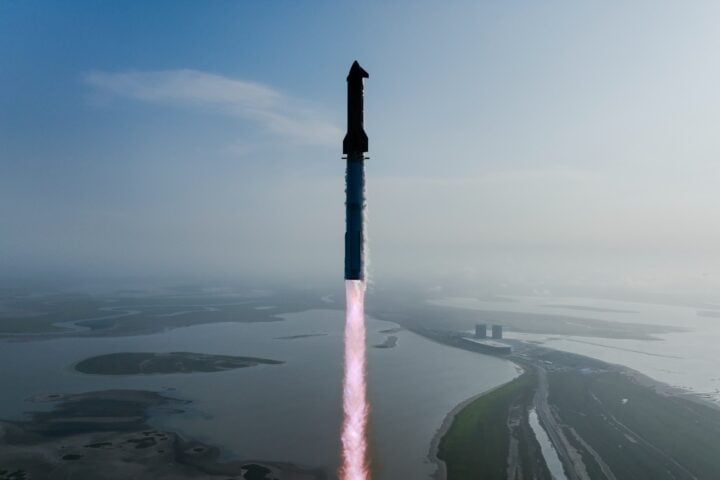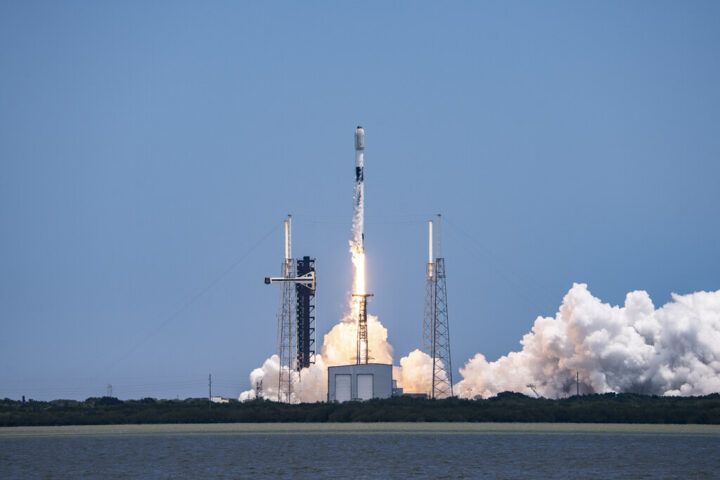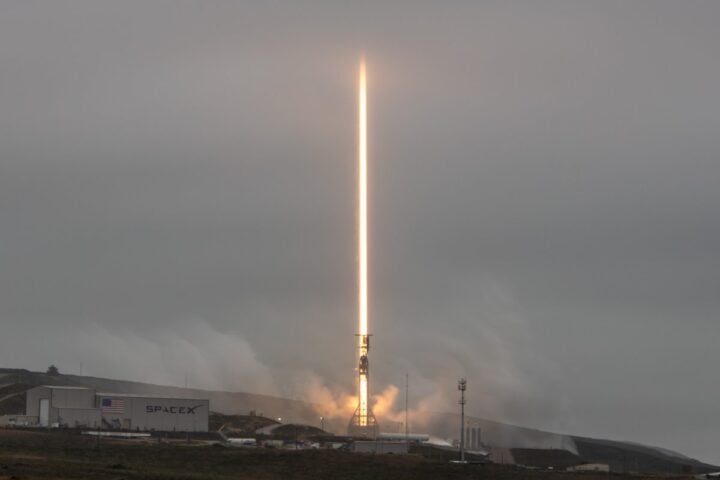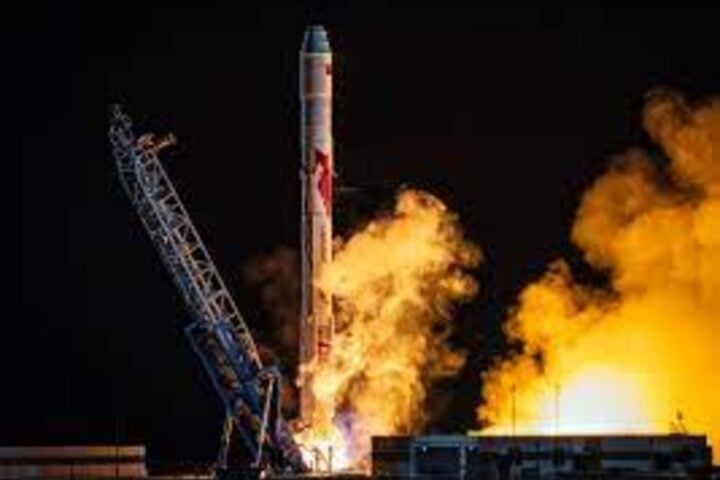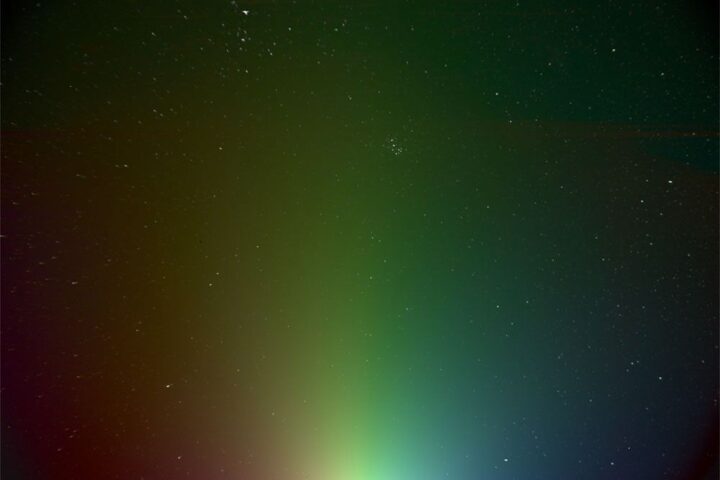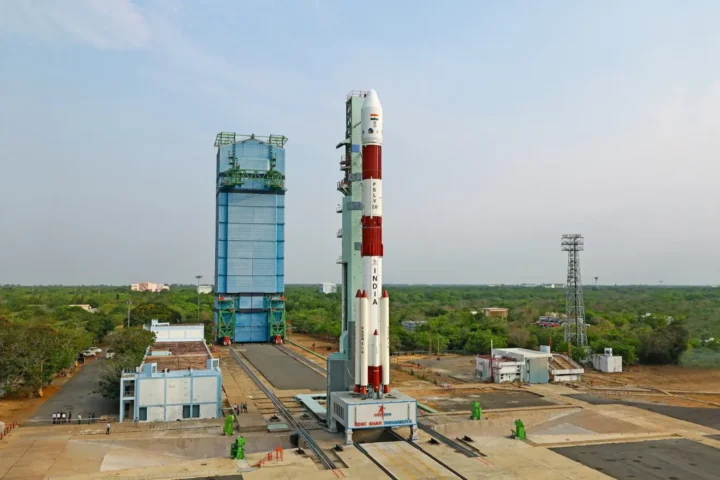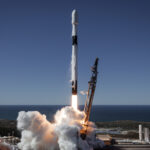Russia’s Luna-25 spacecraft, the nation’s first lunar mission since the Soviet era, tragically crashed into the moon’s surface over the weekend. The esteemed Russian scientist and astronomer, Mikhail Marov, 90, was hospitalized upon hearing the news, expressing deep sorrow over the failed mission. Marov, a pivotal figure in the Soviet space program, described lunar expeditions as the cornerstone of his life’s work. The Luna-25’s mission aimed to land on the moon’s South Pole, a region believed to harbor water ice valuable for future space exploration.
Roscosmos, Russia’s space agency, reported losing contact with the spacecraft shortly before the crash. The failure marks a significant setback for Russia, which hasn’t embarked on a lunar mission since 1976. Marov urged transparency, emphasizing the importance of discussing the reasons behind the spacecraft’s unfortunate demise. The Luna-25, also known as Luna-Glob-Lander, was launched from the Vostochny Cosmodrome, located over 3,400 miles east of Moscow. NASA highlighted the mission’s primary objectives: studying the moon’s polar regolith composition and examining its lunar polar exosphere.
Political economist Konstantin Sonin critiqued the mission as a reflection of President Vladimir Putin’s vanity amidst broader national issues. Sonin contrasted the genuine enthusiasm of Soviet-era scientists with the current administration’s alleged mismanagement of funds. The mission’s failure has reignited discussions about Russia’s space endeavors, especially given its historical achievements during the Cold War. Luna-25’s crash comes amidst a series of unsuccessful lunar landing attempts by various nations in recent years. Past failures have often been attributed to manufacturing oversights, inadequate testing, and, occasionally, human errors.
Similar Post
Dr. Natan Eismont pointed out that Luna-25’s engine did not perform as expected during crucial maneuvers. The mission’s outcome may impact President Putin’s image, as space achievements have been integral to his leadership narrative. Despite the setback, Russia remains ambitious, with plans for subsequent lunar missions and a joint lunar base project with China. Sanctions following Russia’s invasion of Ukraine have further strained the nation’s space program, leading to technological and financial challenges. Russia’s space endeavors have faced delays, with key components for lunar missions needing replacements due to severed European partnerships. The nation’s struggles extend to developing reliable space electronics, a critical component for long-term space missions. Other Russian space projects, like the Angara rockets and the Oryol spacecraft, have also experienced significant delays.
India’s Chandrayaan-3 mission, which aims to land near the lunar south pole, is now in the spotlight, with its landing attempt scheduled soon. The Indian Space Research Organization expressed sympathy for Russia’s loss, emphasizing the inherent risks of space missions. The global race to explore the moon continues, with countries like the U.S., China, and Japan actively planning their lunar expeditions. The quest for lunar exploration underscores humanity’s insatiable curiosity and the technological challenges that come with it. As nations navigate the complexities of space exploration, collaboration and shared learnings become increasingly crucial. The Luna-25 mission serves as a poignant reminder of the delicate balance between ambition, innovation, and the unpredictable nature of space.

